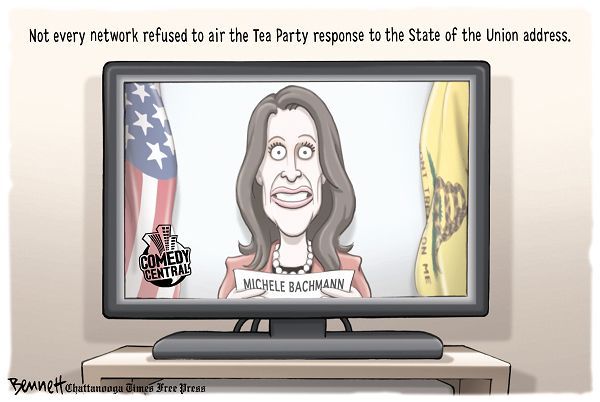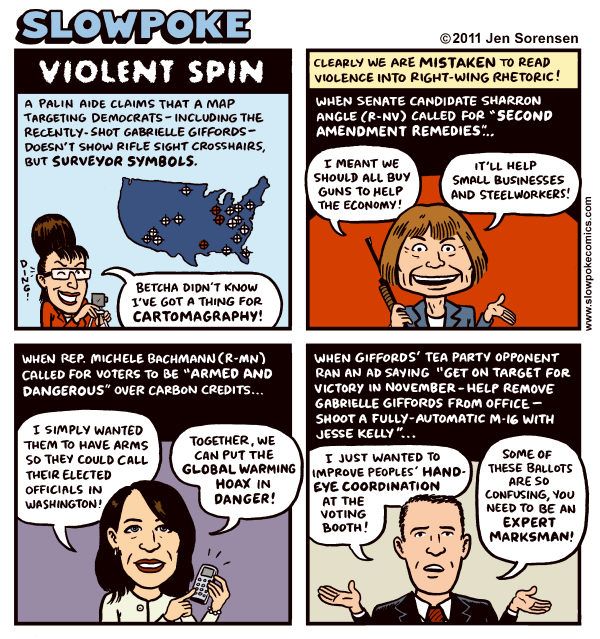Those who would give up essential liberty to purchase a little temporary safety deserve neither liberty nor safety.
Benjamin Franklin, Historical Review of Pennsylvania, 1759
Ben would not be pleased with the government he helped create. Since before 9/11/2001, our rights had been slowly eroding, since then the notion of the rule of law and the Constitution seems quaint. “American’s don’t believe in shredding the Constitution to fight terror,” that was the headline of an article written by Greg Sargeant in the Washington Post‘s Plum Line. he points out a poll done by the Post that asked respondents:
Q: Which worries you more: that the government will not go far enough to investigate terrorism because of concerns about constitutional rights, or that it will go too far in compromising constitutional rights in order to investigate terrorism?
48% were more concerned the government would go too far; while 41% said it would not go far enough. While not a majority, it is still encouraging that there is a plurality that would like to see our Constitutional rights protected. Yet there are still those who would throw those rights away for false feeling of security. Fueled by the rhetoric of a terrorist in every Muslim community, some of our elected representatives and voices in the mainstream media have called for stripping the Constitutional rights of Dzhokhar Tsarnaev, now charged with the bombings and deaths that resulted.
But the government and the media seem to be hung up on calling this incident, terrorism and labeling Tsarnaev a terrorist even before there was a motive or a connection to any terrorist organization. Writing at The Guardian, Glenn Greenwald wonders why Boston is ‘terrorism’ but not Aurora, Sandy Hook, Tucson and Columbine:
Over the last two years, the US has witnessed at least three other episodes of mass, indiscriminate violence that killed more people than the Boston bombings did: the Tucson shooting by Jared Loughner in which 19 people (including Rep. Gabrielle Giffords) were shot, six of whom died; the Aurora movie theater shooting by James Holmes in which 70 people were shot, 12 of whom died; and the Sandy Hook elementary school shooting by Adam Lanza in which 26 people (20 of whom were children) were shot and killed. The word “terrorism” was almost never used to describe that indiscriminate slaughter of innocent people, and none of the perpetrators of those attacks was charged with terrorism-related crimes. A decade earlier, two high school seniors in Colorado, Eric Harris and Dylan Klebold, used guns and bombs to murder 12 students and a teacher, and almost nobody called that “terrorism” either.
In the Boston case, however, exactly the opposite dynamic prevails. Particularly since the identity of the suspects was revealed, the word “terrorism” is being used by virtually everyone to describe what happened. After initially (and commendably) refraining from using the word, President Obama has since said that “we will investigate any associations that these terrorists may have had” and then said that “on Monday an act of terror wounded dozens and killed three people at the Boston Marathon”. But as (Ali) Abunimah notes, there is zero evidence that either of the two suspects had any connection to or involvement with any designated terrorist organization.
New York City Mayor Michael Bloomberg added his opinion that in light of the Boston bombing, the Constitution needs to be “reinterpreted”:
“The people who are worried about privacy have a legitimate worry,” Mr. Bloomberg said during a press conference in Midtown. “But we live in a complex word where you’re going to have to have a level of security greater than you did back in the olden days, if you will. And our laws and our interpretation of the Constitution, I think, have to change.” [..]
“Look, we live in a very dangerous world. We know there are people who want to take away our freedoms. New Yorkers probably know that as much if not more than anybody else after the terrible tragedy of 9/11,” he said.
“We have to understand that in the world going forward, we’re going to have more cameras and that kind of stuff. That’s good in some sense, but it’s different from what we are used to,” he said.
A noun, a verb and 9/11? Mr. Bloomberg wants us to fear those who would “take away our freedoms.” We should fear the Michael Bloombergs and Rudolph Guilianis of the world.
At a bedside hearing, Tsarnaev was advised of his rights and was appointed a lawyer. He freely answered questions in writing, denying that there was a connection with any terrorist organization and the idea was his brother’s. He also told the court that they were motivated by extremist Islamic beliefs. But does that justify calling this terrorist act and labeling the brothers terrorists? Even so, is there ever a justification for denying a person their Constitutional rights?
Glenn joined Amy Goodman on Monday’s Democracy Now to discuss the issues that surround this case.
Transcript can be read
here.



Recent Comments